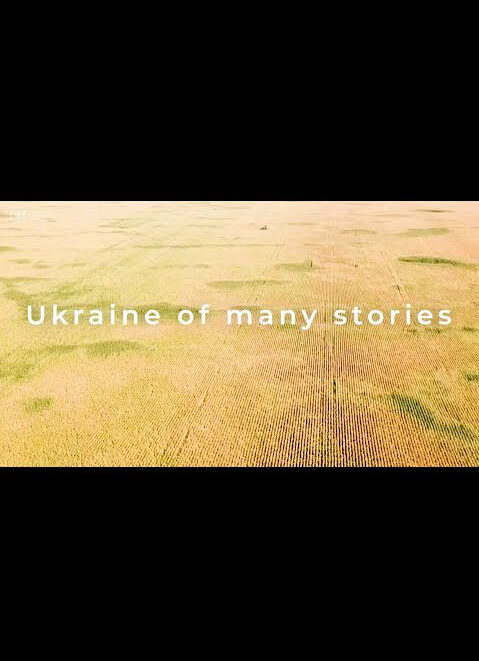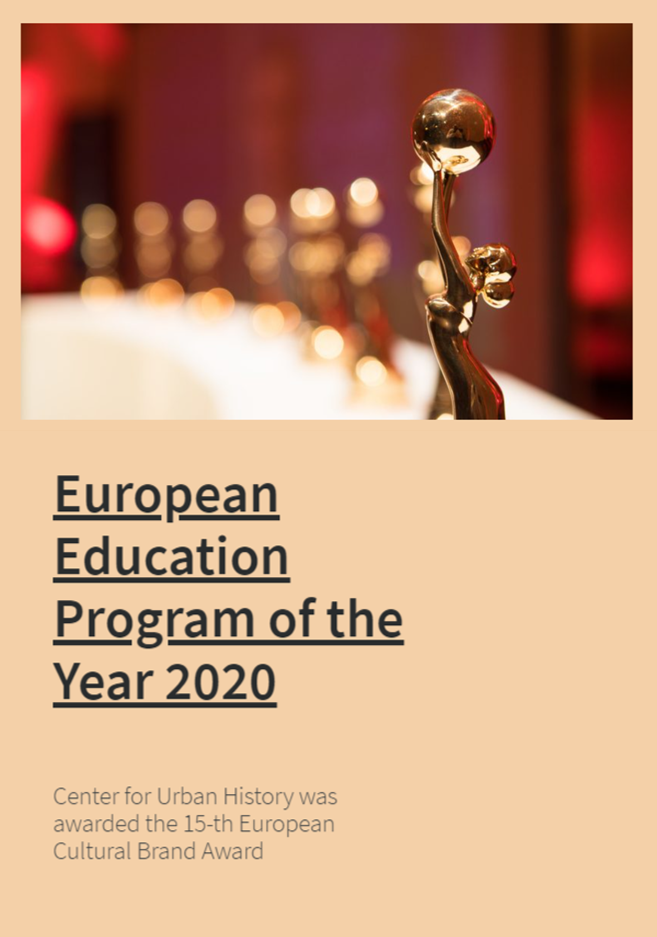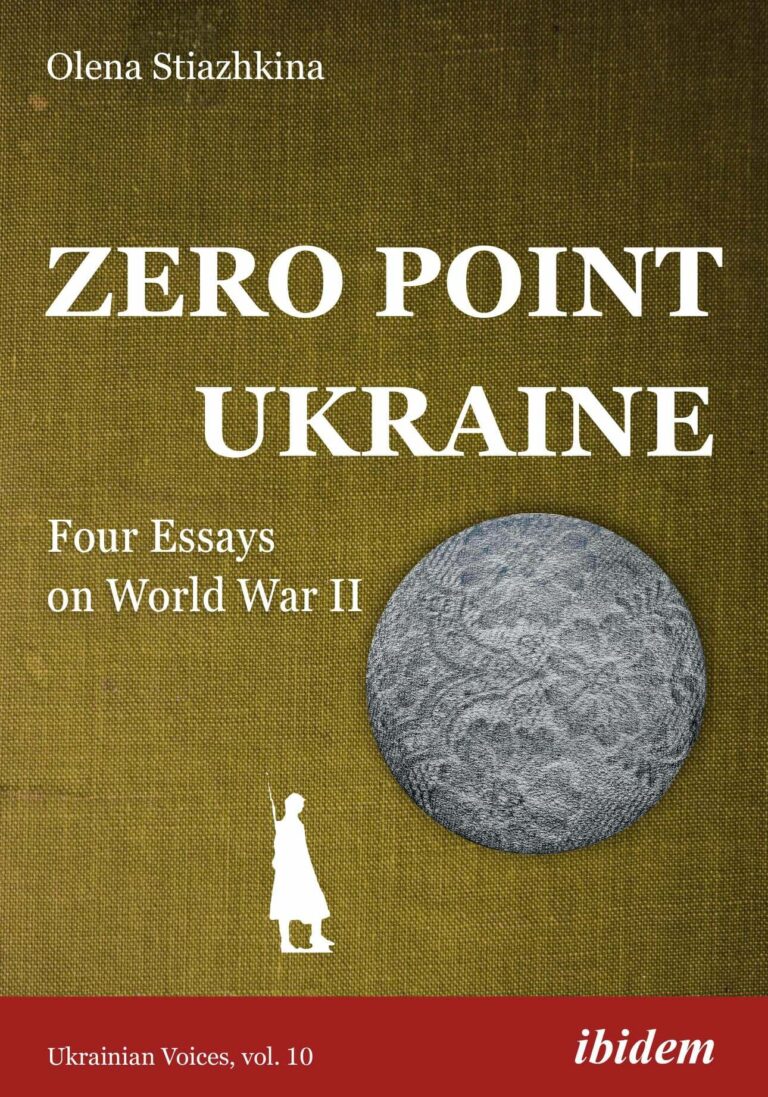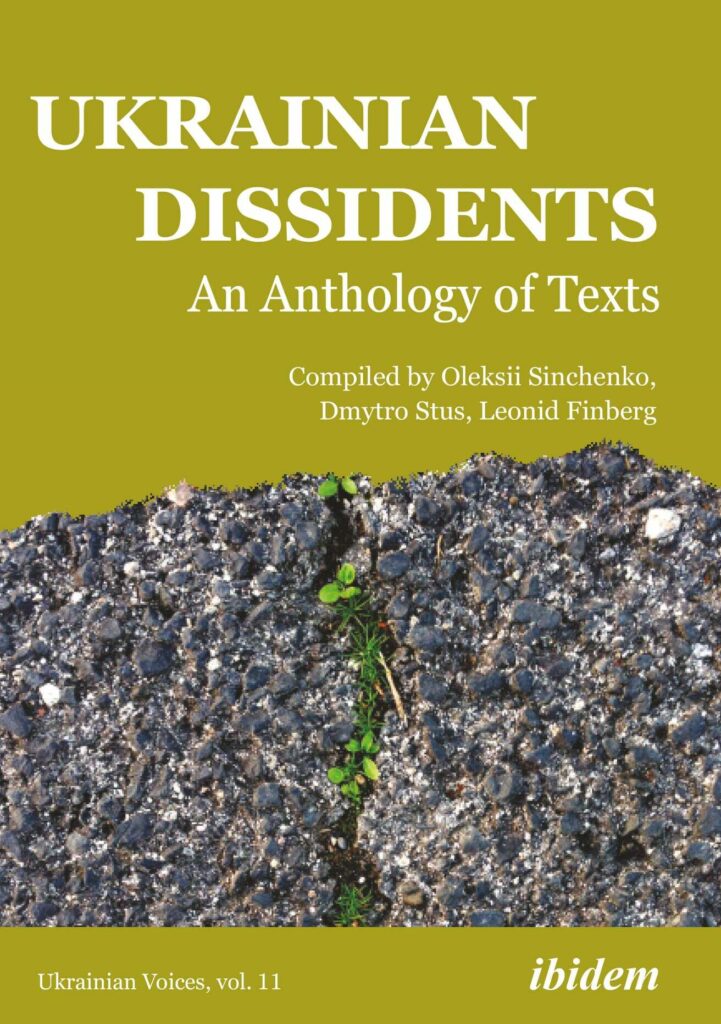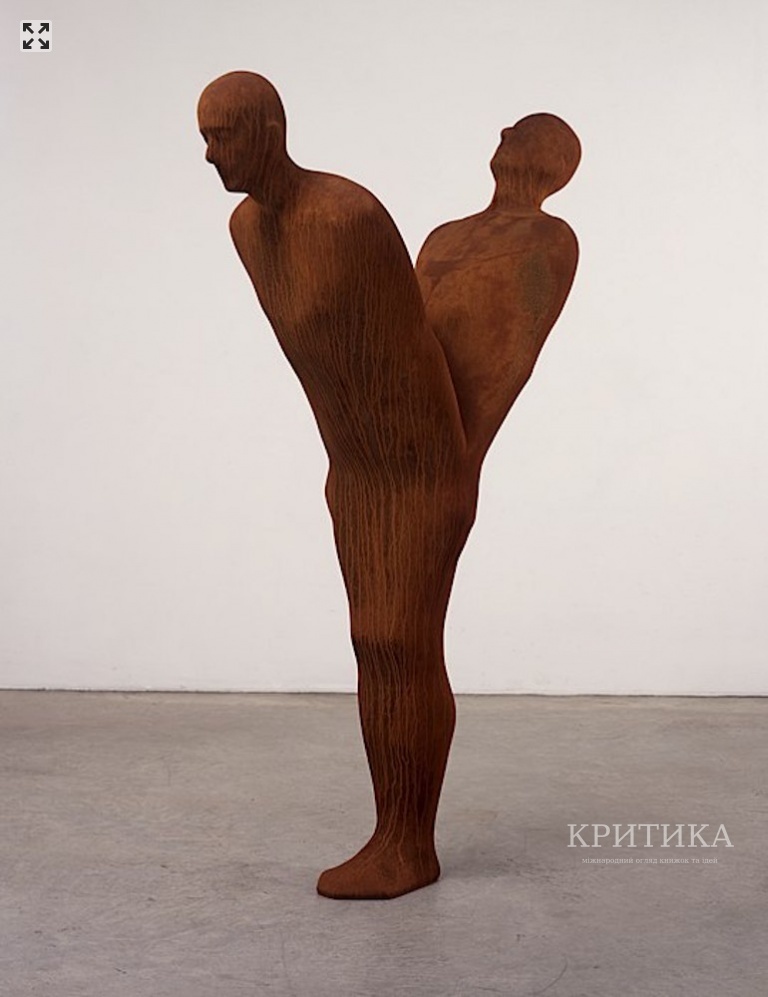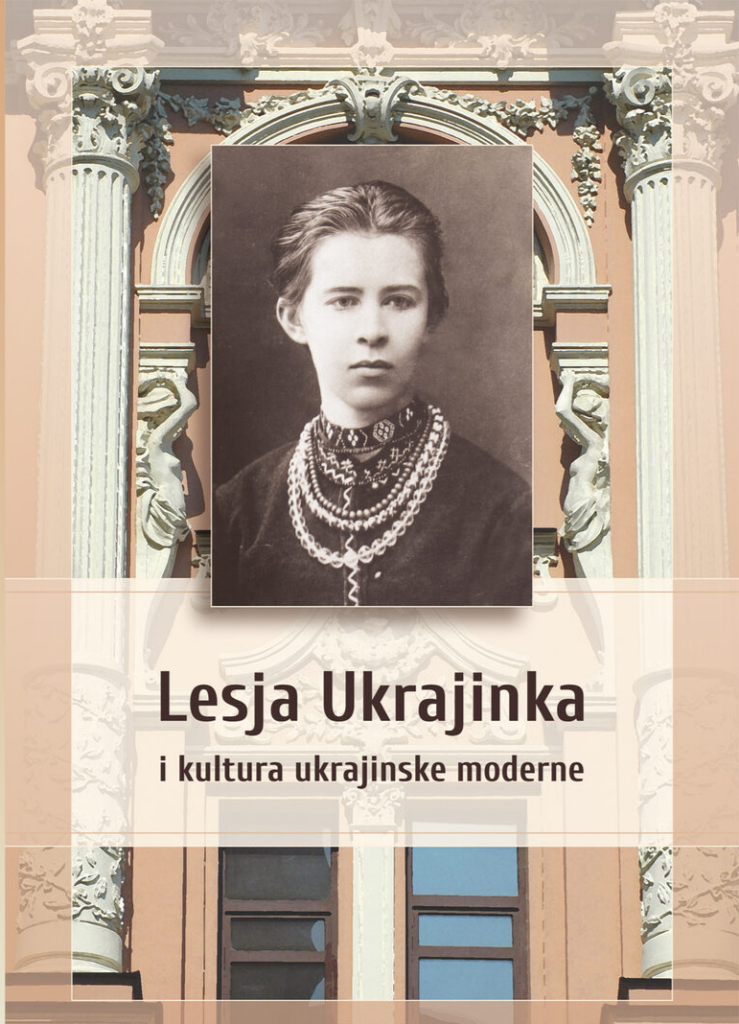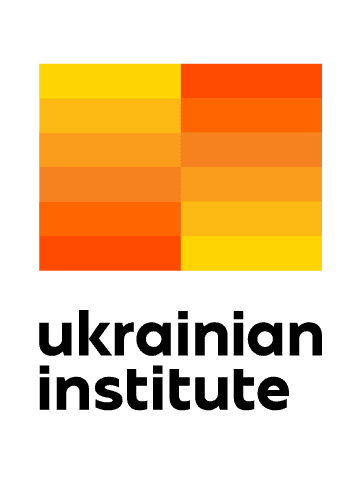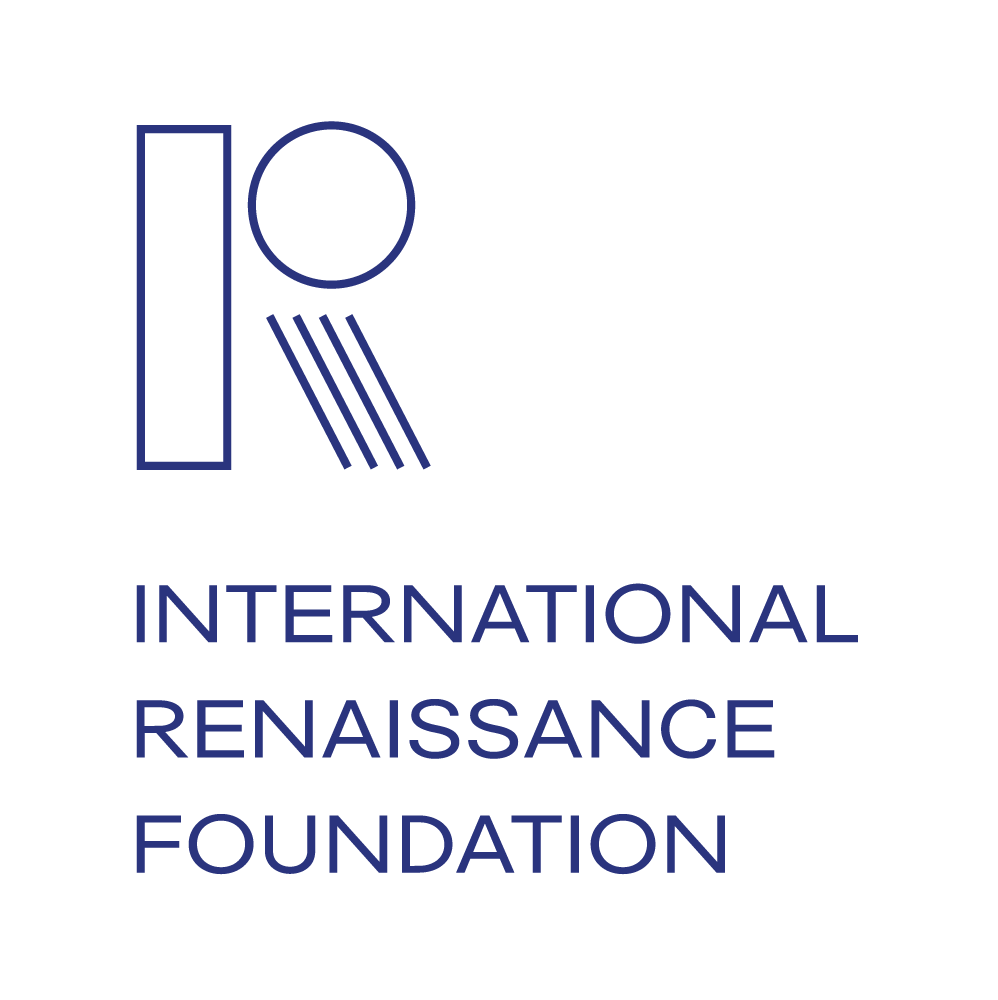Lysiak-Rudnytsky Ukrainian Studies Programme
Applications deadline
December 31, 2023
The Lysiak-Rudnytsky Ukrainian Studies Programme is a long-term programme of the Ukrainian Institute that supports projects in educational and cultural institutions
About the programme
For: Ukrainian Studies abroad
The Programme aims to:
deepen the knowledge and understanding of Ukraine and its cultural heritage among different foreign audiences
promote the growth of expert knowledge about Ukraine
promote new research in the field of Ukrainian Studies and increase the visibility of existing ones
strengthen intercultural and scholarly communication
expand the use of digital technologies in humanities
The country’s reputation, among other things, depends on its representation in the academic and intellectual sphere, which is defined by the level of research, quantity, and quality of translations, the number of educational courses at foreign universities devoted to the country. So, in order to gain subjectivity in the
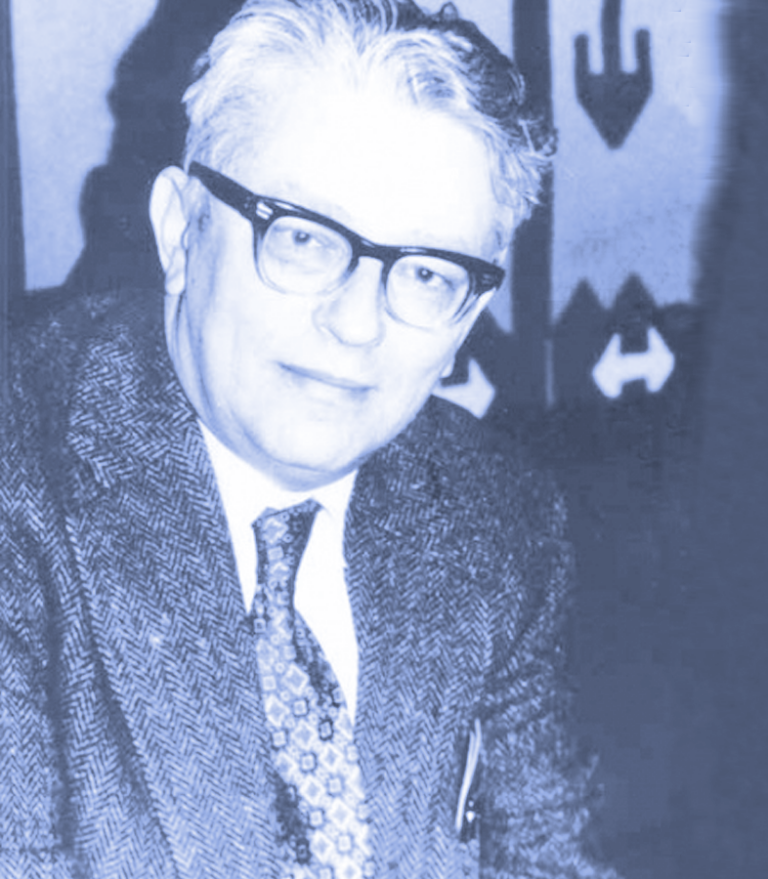
About Lysiak-Rudnytsky
The Programme is named after Ivan Lysiak-Rudnytsky (1919-1984), an American/Canadian historian of Ukrainian descent. A public intellectual, Lysiak-Rudnytsky made a significant contribution to the development of Ukrainian Studies abroad. As early as the 1950s, he pointed to the shortcomings of the Russian-centric approach to Eastern European history that prevailed in North America. Emphasizing the multiethnic nature of the Russian Empire and the Soviet Union, he singled out Ukrainian context and the Ukrainian perspective regarding the events of the past. His numerous essays on Ukrainian political and intellectual history have had a significant impact on the formation of modern Ukrainian historiography.
Programme 2023-2024
The programme is designed to increase the level of knowledge of the public and the expert community abroad about the past and present of Ukraine, as well as to strengthen cooperation between Ukraine and the world at the institutional level.
This year, the programme aims to support five projects that receive the highest scores as a result of peer review. The amount of financing will be up to UAH 400,000 (the final amount will depend on the budget request of the competitor and the results of the evaluation of the project proposal by the expert commission) taking into account all generally mandatory taxes and fees.
In March 2023, the Representative Office of the Ukrainian Institute in Germany began work in Berlin. Taking this into account and in order to develop Ukrainian-German institutional cooperation, we will definitely support at least one project aimed at a German-speaking audience and implemented in partnership with a German institute.
The programme is implemented in partnership with the Ilko Kucheriv «Democratic Initiatives» foundation with the financial support of the International Renaissance Foundation.
Who Can Apply?
Please note that only registered analytical centers, universities, public organizations, cultural and educational institutions, and individual entrepreneurs working in the fields of culture, analytics, education, or science in Ukraine can apply for the 2023-2024 programme. Projects with a foreign partner and co-financing of up to 30% of the project’s budget are preferred.
The application should specify the partner’s commitment and explain their contribution to attracting a foreign audience.
We are accepting applications for the programme until December 31, 2023. The competition results will be announced at the beginning of February 2024. The project must be implemented by June 30, 2024.
How to Apply?
To participate in the competition, please send an email with the subject “Programme_Ukrainian_Studies_Lysiak_Rudnitsky” to the following address: [email protected].
Please include the following documents with your email:
- Application for participation in the competition (using the provided form).
- Copy of the statute or other founding document, legal entity registration document, or extract from the individual entrepreneur register.
- Project proposal.
- Project budget with a breakdown and justification of expenses (using the provided form).
- Certificate on the legal entity’s letterhead using the provided form (a scanned copy of the signed document in PDF format).
When submitting project proposals, the applicant should consider the possibility of an ongoing state of emergency and, therefore, restrictions on currency transactions with Ukraine (NBU Resolution dated February 24, 2022, No. 18 and Cabinet of Ministers of Ukraine Resolution dated June 9, 2021, No. 590). Consequently, project implementation expenses should be distributed in a way that guarantees the project’s realization.
The project submitted for the competition should primarily target a foreign audience (excluding the Ukrainian diaspora) and should include measures for publicly presenting the project’s results.
Possible project formats:
- translations of non-fiction texts from Ukrainian into foreign languages;
- publications of original texts on Ukrainian issues in foreign languages;
- Organization of public discussions and lectures (including online);
- Organization of conferences and round tables (including online);
- creation and promotion of online content (publications, infographics, podcasts, video explainers, and video lectures) on Ukrainian issues to achieve the goals of the Ukrainian Institute;
- Writing and publishing reviews of publications on Ukrainian issues.
Thematic frames:
- Decolonization of Ukrainian culture;
- Decolonization of knowledge about Ukraine abroad;
- Ukraine’s role in European and global culture, history, and politics;
- Crimean Tatar studies;
- History and culture of national minorities (communities) in Ukraine;
- Modern history of Ukraine, democratic development since 1991;
- Experience of war: social, cultural, security, political, and ecological dimensions of Ukrainian resilience.
Winners 2022-2023
Kharkiv International Conference of Creative Industries 2023 “Kharkiv. Culture. Fortress: Challenges, Opportunities, Prospects”
Russia’s full-scale invasion has caused enormous damage to Ukraine’s cultural and scientific sectors. Therefore, it is important to draw the attention of the European community to the challenges faced by the cultural industries of Ukraine and Kharkiv in particular, as well as to consolidate state and public institutions in overcoming these challenges, and this is the focus of the international conference of creative institutions.
As Serhiy Zhadan said, “culture should not be put on hold,” which is why it is essential to consolidate the efforts of the cultural and academic community, heads of cultural institutions, and government agencies.
The conference lasted for two days and featured 3 sections with 12 panel discussions, including the following topics: narratives of Ukrainian culture, new formats of creative industries, business and culture, integration of Ukrainian culture into European culture and ridding it of Russian influence. 37 speakers from 4 countries (Ukraine, Lithuania, Italy, Slovakia) and representatives of Kharkiv’s cultural community not only discussed the prospects and formats for the development of cultural projects but also established communication and identified potential areas of cooperation.
The project is a result of cooperation between Mykola Lysenko Kharkiv National Academic Opera and Ballet Theatre and Teatro del Buratto in Milan, Lithuanian National Opera and Ballet Theatre and H.S. Skovoroda Kharkiv National Pedagogical University.
Euromaidan Voices in Global Studies of Protest and Solidarity
Image: Oleksandr Zakletskyi
To mark the 10th anniversary of the start of the Euromaidan (November 2023), the Center for Urban History of East Central Europe initiated and implemented a project to make more than 100 interviews with participants of the Revolution of Dignity available to English-speaking researchers, teachers, and students. Translated into English and thematically organised, the interviews provide insight into how people experienced it, what it meant to be a protester on the Maidan, and what beliefs they shared and sought to achieve on the streets of Kyiv, Kharkiv and Lviv. The translation of the Intimate Chronologies of the Euromaidan database amplifies the voices of Ukrainian citizens, shows their agency and subjectivity, and thus counteracts the narratives of dehumanising propaganda. These materials in English add visibility to Ukraine within global narratives about democratic processes, civil society development, the value of human rights, and resistance to authoritarianism.
The database is easy to use, and the search categories focus on respondents’ answers rather than questions. This approach allows for a deeper insight into the experience of protests and social mobilisation as well as improves our understanding of the origins of social movements.
The Intimate Chronologies of the Euromaidan collection at the Urban Media Archive of the Center for Urban History is an important source for those who research and teach the history of Ukraine, as well as deliver thematic educational courses and conduct comparative studies of protest movements, activism, and solidarity abroad.
Creation of a Polish-language version of the innovative educational platform «UCulture»
UCulture, a platform for discovering Ukrainian culture, was initiated by Larysa Dovha, Doctor of Philosophy, Professor at the Department of Cultural Studies at the National University of Kyiv-Mohyla Academy.
UCulture is a web space that contains more than 100 lectures, interviews, and textual materials created by professional cultural researchers from various fields – archaeologists, economists, historians, cultural studies experts, artists, critics, and other specialists. Academic lectures and conversations reflect the latest views of leading Ukrainian and international researchers in the Humanities and Social Sciences and allow us to truly understand Ukrainian culture in the European cultural and educational context.
UCulture’s page in Polish is aimed at the Polish audience – students, teachers, cultural professionals, and anyone interested in the latest Ukrainian history and art issues. The platform’s materials are already being used for academic purposes in Poland and Ukraine, and it is also a platform for developing academic cooperation between Ukrainian and Polish researchers. The project partner is the Department of Polish-Ukrainian Studies at the Faculty of International and Political Studies of the Jagiellonian University.
Results of the 2020 competition
0
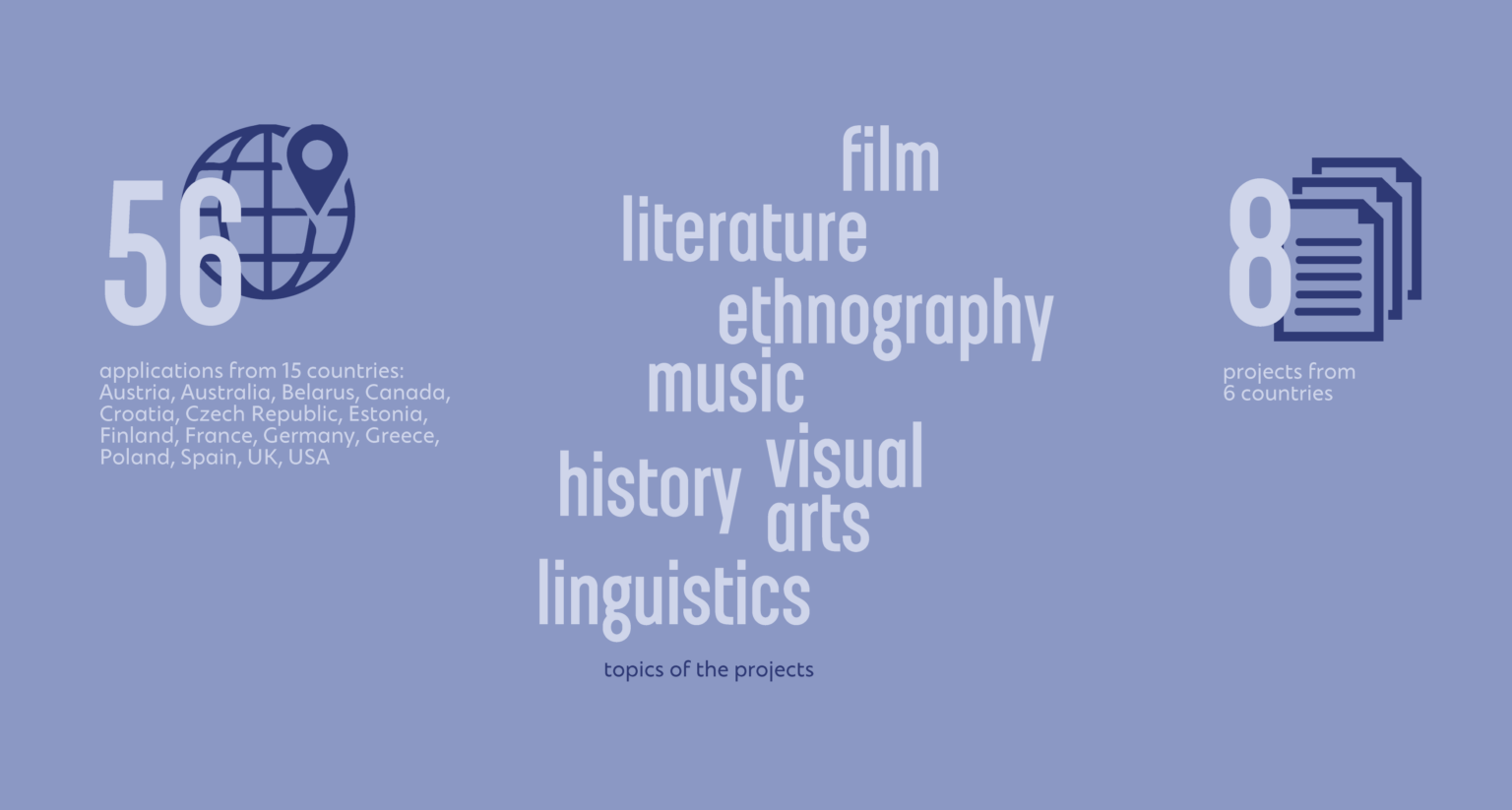
Winners 2020
0
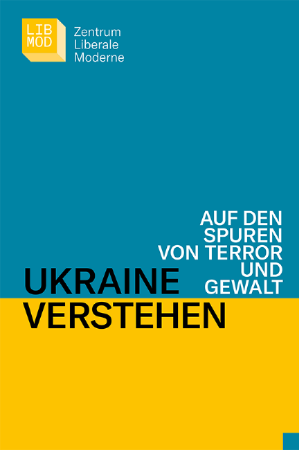
A collection of essays from leading foreign and Ukrainian historians, intellectuals, publicists about the important events in the history of Ukraine, in particularly, in the common history of Ukraine and Germany. The publication is distributed in print and will soon be publicly available. The project was implemented by the Zentrum Liberale Moderne think tank devoted to the democracy, individual liberty and cosmopolitanism, including defence and renewal of open society. The Centre also deals with international, socio-political, historical and cultural issues.
Preview here.
Watch the presentation.
